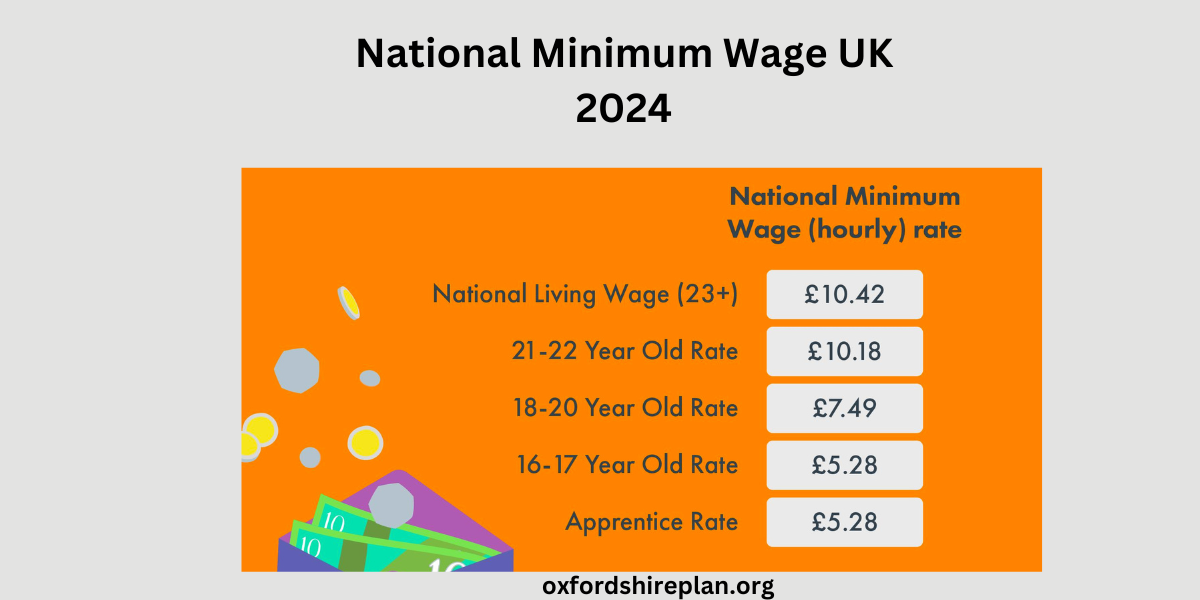In 2020, Keir Starmer took the helm of Britain’s Labour Party, tasked with reviving the party after its worst general election defeat in 85 years. Four years later, Starmer’s strategic efforts paid off, positioning him to become the next Prime Minister of Britain.
Labour’s Impressive Parliamentary Gains With nearly all results, Labour has secured an impressive 412 seats in the 650-seat House of Commons, a significant increase from its previous standings. In contrast, the Conservative Party, which dominated the last election in 2019, has suffered a substantial loss of support, retaining only 121 seats.
Contents
Conservative Party Concedes Defeat
Current Prime Minister Rishi Sunak has conceded, acknowledging the “sobering verdict” delivered by voters. This outcome marks a significant shift in Britain’s political landscape, ending 14 years of Conservative-led governments.
Starmer’s Methodical Approach Pays Off
Starmer’s leadership has been criticized for lacking charisma, but his methodical strategy to reposition Labour as a centrist force has proven effective. By broadening the party’s appeal, Starmer has attracted a wider range of voters, capitalizing on the economic and political turmoil plaguing the country under Conservative rule.
Keir Starmer is set to assume the premiership, facing a monumental challenge. The British public’s faith in politicians has hit an all-time low, while a record number of children in the UK are struggling with poverty. Additionally, both Labour and the Conservatives are struggling to address the rising tide of far-right, anti-immigrant sentiment sweeping across Europe.
This toxic ideology poses a significant threat to social cohesion and inclusivity. As Prime Minister, Starmer must prioritize restoring trust in government, tackling child poverty, and developing a comprehensive strategy to counter the far-right surge.
As the final votes from Thursday’s election were being tallied on Friday morning, Keir Starmer’s historic victory became clear. Outgoing Prime Minister Rishi Sunak emerged from 10 Downing Street, his residence for just 14 months, to deliver a statement. With a mix of contrition and humility, he acknowledged the Conservative Party’s decisive loss, apologizing to the British public and accepting personal responsibility.
Sunak will shortly meet with King Charles III to formally tender his resignation. Following this, Starmer will have an audience with the monarch at Buckingham Palace, paving the way for the Labour leader to form a new government.
After the formalities, Starmer will return to Downing Street to address the nation as the incoming Prime Minister. He will then embark on a series of briefings with senior civil servants, intelligence officials, and world leaders before selecting his cabinet members and tackling the day-to-day responsibilities of leading the country.
Keir Starmer: A Life of Service and Dedication
Early Life and Family
Keir Starmer, the former lawyer and knighted champion of criminal justice, hails from a small town in Surrey, just outside London. His mother, a dedicated worker for the National Health Service, and his father, a skilled toolmaker, instilled in him the values of hard work and public service.
Challenges and Regrets
Starmer’s life has not been without its challenges. His mother suffered from Still’s disease, a chronic condition that ultimately claimed her life in 2015, just weeks after his election to Parliament. His father passed away three years later. Starmer has spoken publicly about the strained relationship he had with his father, and the regret he feels for never expressing his love and respect.
Education and Career
Starmer was the first in his family to attend university, where he became involved with the left-wing magazine Socialist Alternatives. He then pursued a career in law, rising through the ranks to become the head of public prosecutions in 2008. His distinguished service earned him a knighthood in 2014.
Political Career and Public Perception
Despite his impressive background in law, Starmer has often been perceived as a straightforward and unexciting politician. However, he has embraced this image, saying, “If they call you boring, you’re winning.” Through his commitment to public service and dedication to his principles, Starmer has become a beacon for a return to political normalcy.
Keir Starmer: Leadership and Policies
Leadership Style
Keir Starmer, the Labour leader, is willing to make tough decisions to enhance his party’s electability. He has taken steps to shift the party towards centrism, even if it means facing criticism from within his ranks.
Policy Realignments
Starmer’s move towards centrism has led to controversial changes in Labour’s policies. He has backtracked on promises to increase income tax, scrap university tuition fees, and nationalize public services. Additionally, he has faced criticism for his handling of a green investment pledge and his stance on alleged Israeli war crimes in Gaza.
Key Policy Proposals
Despite criticism, Starmer remains committed to his “country before party” mantra. His proposed policies aim to address pressing issues, including:
- Tax avoidance crackdown
- Reducing NHS patient waiting lists
- Recruiting more teachers and neighborhood police officers
- Negotiating a better deal with the European Union post-Brexit
Starmer views these pledges as a “down payment” on what Labour can offer Britain if given the chance.
Analysis and Criticism
Political scientist Tim Bale notes that Starmer faces criticism from both left and right, with some accusing him of betraying socialist principles and others seeing him as a flip-flopper. However, Bale believes Starmer’s willingness to adapt shows his determination to win and lead effectively.
Keir Starmer’s Potential Impact on U.S.-U.K. Relations
Coinciding Election Cycles and Uncertainty
The concurrent British and American election cycles have created uncertainty about the future of U.S.-U.K. relations. Keir Starmer’s admiration for President Biden and his policies could lead to a strong alliance between the two leaders.
Starmer’s Admiration for Biden
Starmer has expressed his appreciation for Biden’s focus on job creation and investment in domestic industry. Senior Labour figures have even held secret meetings with Democratic counterparts, indicating a potential close relationship between Starmer and Biden.
Implications of a Biden or Trump Presidency
If Biden remains president in 2025, Starmer is likely to be a close ally. However, if Trump wins the election, U.S.-U.K. relations may become less cordial, given Trump’s history of difficult relationships with British leaders like Theresa May and his closer ties with populist leaders like Boris Johnson.
Analysis and Expectations
Eliot Wilson, a former senior official in the U.K. House of Commons, believes that Starmer would be a supportive partner for a Biden White House but might be seen as an annoyance by the Trump administration. Despite political affiliations, Starmer has emphasized the importance of maintaining a strong relationship with the U.S., transcending individual presidents.
The Vitality of the Special Relationship
Nearly a decade after Brexit, the special relationship between the U.K. and the U.S. remains crucial for British leaders. Starmer’s commitment to working with whoever is elected demonstrates his understanding of this enduring importance.

Jonathan is an avid automobile enthusiast who is passionate about all things on wheels. From the latest car models to classic vintage rides, I love exploring the automotive world’s intricate details and engineering marvels. With years of experience in test-driving, reviewing, and analyzing cars, I provide readers with comprehensive insights and honest opinions.
















